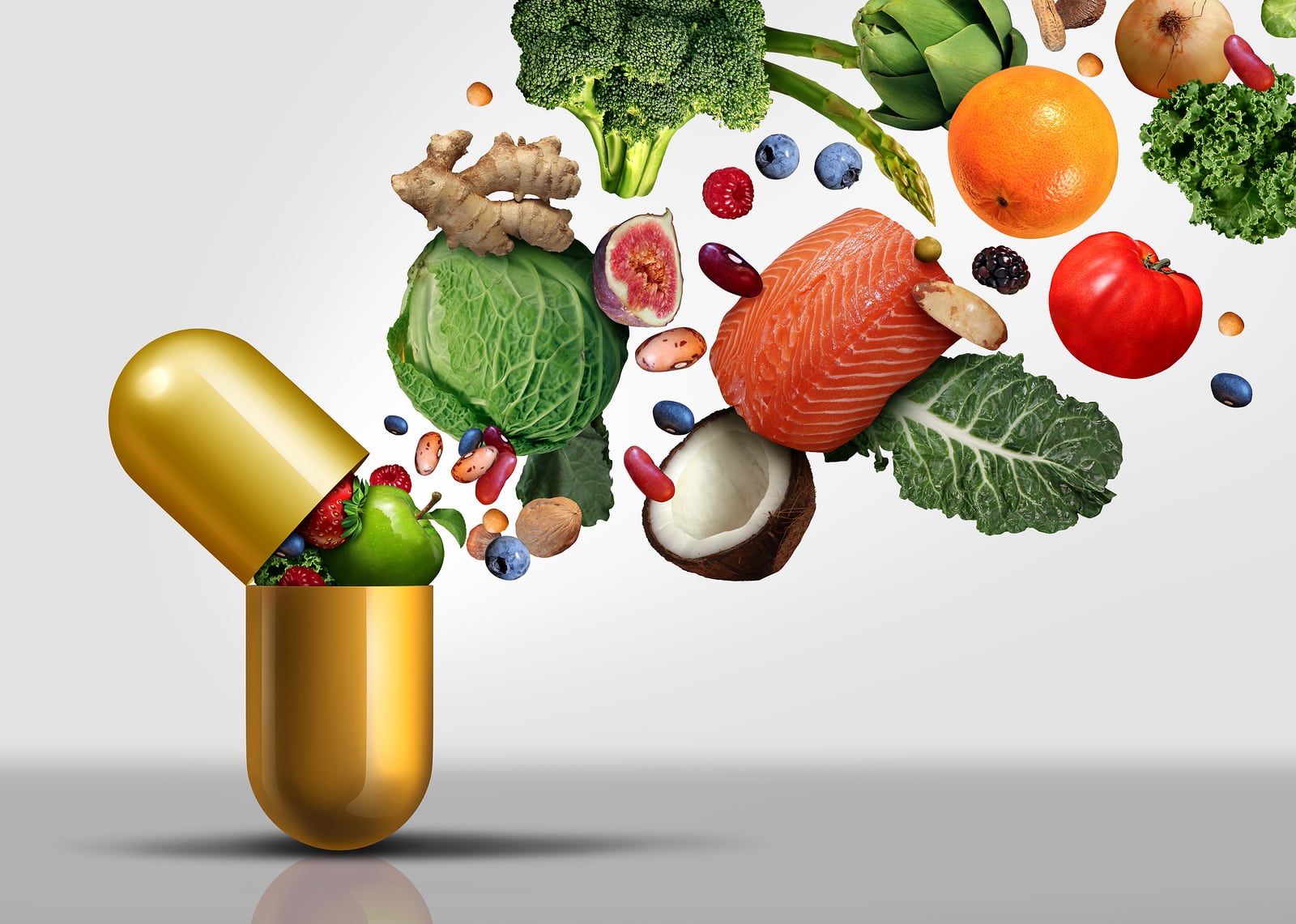How Vegan Get Iron

Vegetarian diet is gaining more and more fans day by day. As a vegetarian, if you follow a basic diet, you may not be deficient in nutrients at all. But unfortunately, many people do not act and suffer from vitamin deficiency.
There are many reasons why you might be interested in a vegetarian diet and decide to go vegan. Compared to people who eat meat, vegetarians usually have a proportionate weight and are less exposed to diseases such as heart disease, cancer and type 2 diabetes. But despite all the benefits that a vegetarian diet can bring you, sometimes a person may face the risk of lacking some nutrients in his body. Of course, many experts believe that a calculated plant-based diet has the ability to provide all nutrients to the body. Therefore, as a vegetarian, you must eat according to the principles so as not to face a vitamin deficiency. But unfortunately, many people ignore these tips.
iron tablets
Hemoglobin is a protein that carries oxygen to all cells and organs. The human body needs iron to make hemoglobin. Iron deficiency is associated with feeling weak, tired, pale and dark under the eyes. Iron is found in both animal and plant sources. However, absorption of mineral iron from animal sources is much higher than from plant sources.
Vegetarians can get the iron they need by eating beans, lentils, peas, spinach, and nuts. In case of anemia, you can purchase iron tablets and use them daily. Pay attention to the following points for better absorption of iron in the body:
Use iron-containing foods along with sources of vitamin C, such as bell peppers, lemons, or oranges. In this case, iron absorption will increase.
When you eat a meal rich in iron, avoid tea and coffee so as not to interfere with the absorption of this mineral.
Vitamin D
One of the supplements needed by vegetarians is vitamin D tablets. The best source of this vitamin is sunlight and it is also found in some foods such as fish. Adequate amounts of vitamin D in the body increase the absorption of calcium. Research also shows that this vitamin plays a role in improving mood, preventing heart diseases and cancer, and improving sleep quality.
Vegetarians can find adequate amounts of vitamin D in eggs, dairy or fortified cereals, and fortified juices. It is a bit difficult to get the amount of vitamin D needed by the body only by consuming food. The amount of vitamin D in your body is directly related to where you live and how much sunlight you get. If you find out that you are deficient in vitamin D by taking a blood test, be sure to use this nutrient in the form of a supplement.
Calcium
Everyone needs adequate amounts of calcium to keep their bones and teeth strong. This mineral also plays a role in the proper functioning of blood vessels and nerves. Milk, yogurt, cheese and other dairy foods have the highest amount of calcium. If you do not use these foods as a vegan, the possibility of calcium deficiency in your body is high. Therefore, you may need to buy calcium tablets.
2 to 3 servings of calcium-containing foods such as tofu, broccoli and fortified vegetable milk should be included in the vegetarian diet.
Vitamin B12 tablets for vegetarians
Vitamin B12 is mostly found in animal sources. Therefore, another supplement needed by vegetarians is vitamin B12 tablets. Vitamin B12 helps in the production of DNA and is effective in making neurotransmitters in the brain. Symptoms of vitamin B12 deficiency include weakness and fatigue, numbness in hands and feet, and difficulty maintaining balance while walking.
Regular consumption of milk, yogurt, cheese and eggs reduces the possibility of vitamin B12 deficiency in vegetarians.
Omega 3 fatty acids
Essential fatty acids have an effect on heart health, mood improvement, sleep quality and brain function. Omega 3 is most abundant in fatty fish such as salmon and sardines. DHA and EPA are fatty acids found in animal sources. There is another type of omega-3 called ALA, which is found in plant foods and the body must convert it into DHA and EPA in order to use it. Many vegetarians may be deficient in omega-3s and not know it.
Plant sources of omega-3 include walnuts and walnut oil, flaxseed oil, flaxseed and pumpkin seed oil, and pumpkin seed oil. Currently, it is not known how well the body can convert ALAs from plant foods into DHA and EPA. Therefore, it may be necessary to take omega-3 tablets and fish oil.
Zinc tablets for vegetarians
Other supplements needed by vegetarians include zinc tablets. Zinc is a mineral to regulate metabolism and improves the function of the body's immune system. Symptoms of zinc deficiency in the body include hair loss, impaired growth, and delayed healing of wounds. Zinc is also mostly found in animal sources, and for this reason, its deficiency is considered common in vegetarians. Vegetarians can use legumes, nuts and whole grains or take zinc tablets to get zinc.
Multivitamin for vegetarians
As a vegetarian, to compensate for the lack of nutrients in your body, it may be better to consult a doctor and use multivitamin tablets. Two of the supplements recommended for vegetarians include:
برای نمایش آواتار خود در این وبلاگ در سایت Gravatar.com ثبت نام کنید. (راهنما)






















































ایمیل شما بعد از ثبت نمایش داده نخواهد شد